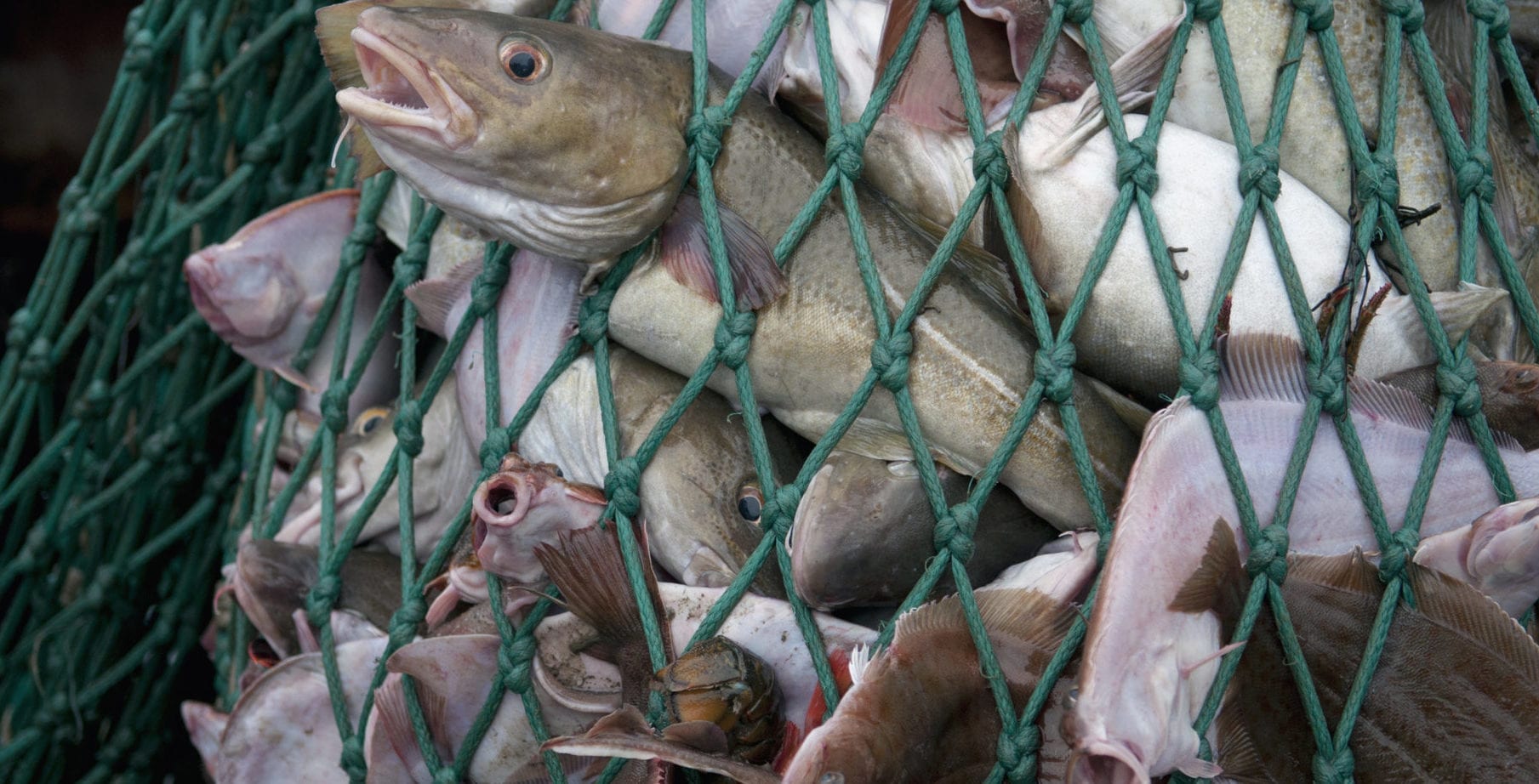
Overfishing is a serious problem that threatens ocean ecosystems and the livelihoods of millions. Imagine a world where fish populations dwindle, leaving behind empty nets and hungry communities. This isn't just a distant possibility; it's happening now. Overfishing occurs when fish are caught faster than they can reproduce, leading to a decline in fish stocks. This affects not only the fish but also the entire marine food chain. Coral reefs suffer, and species like sharks and turtles face increased risks. Local economies that rely on fishing are hit hard, too. Sustainable fishing practices can help, but awareness is key. Understanding the impact of overfishing can inspire change and protect our oceans for future generations. Let's dive into some eye-opening facts about this pressing issue.
Understanding Overfishing
Overfishing is a pressing issue affecting oceans worldwide. It occurs when fish are caught at a faster rate than they can reproduce, leading to a decline in fish populations. This not only impacts marine life but also the communities that rely on fishing for their livelihood. Let's dive into some eye-opening facts about overfishing.
-
Global Fish Consumption: Fish is a primary source of protein for over 3 billion people globally. This high demand contributes significantly to overfishing.
-
Species at Risk: Approximately 33% of the world's fish stocks are overfished. This means that one-third of fish species are being caught faster than they can replenish.
-
Bycatch Problem: Bycatch refers to the capture of unintended species such as dolphins, turtles, and seabirds. It accounts for about 40% of global marine catches, leading to unnecessary deaths of non-target species.
-
Economic Impact: The fishing industry is worth over $240 billion annually. However, overfishing threatens this economic stability by depleting fish stocks.
-
Coral Reefs: Overfishing disrupts the balance of coral reef ecosystems. Fish that graze on algae are removed, allowing algae to overgrow and harm coral reefs.
Environmental Consequences
The environmental impact of overfishing extends beyond the depletion of fish populations. It affects entire ecosystems and the biodiversity within them.
-
Habitat Destruction: Trawling, a common fishing method, involves dragging heavy nets across the ocean floor, destroying habitats like coral reefs and seagrass beds.
-
Food Chain Disruption: Removing large numbers of fish from the ocean disrupts the food chain, affecting predators and prey alike.
-
Loss of Biodiversity: Overfishing leads to a decline in species diversity, which can make ecosystems more vulnerable to changes and less resilient to environmental stressors.
-
Climate Change: Healthy fish populations help maintain the balance of marine ecosystems, which play a role in carbon sequestration. Overfishing can exacerbate climate change by disrupting these processes.
Social and Economic Impacts
Overfishing doesn't just affect the environment; it also has significant social and economic repercussions, particularly for communities dependent on fishing.
-
Job Losses: Millions of people worldwide depend on fishing for employment. Overfishing threatens these jobs as fish stocks dwindle.
-
Food Security: For many coastal communities, fish is a staple food. Overfishing can lead to food shortages and increased prices, affecting food security.
-
Cultural Impact: Fishing is an integral part of many cultures. Overfishing threatens traditional practices and the cultural heritage of these communities.
-
Illegal Fishing: Overfishing has led to an increase in illegal, unreported, and unregulated (IUU) fishing, which undermines efforts to manage fish stocks sustainably.
Solutions and Efforts
Efforts to combat overfishing are underway, with various strategies being implemented to ensure sustainable fishing practices.
-
Marine Protected Areas: Establishing marine protected areas (MPAs) helps conserve marine life and habitats, allowing fish populations to recover.
-
Sustainable Fishing Practices: Techniques like selective fishing gear and seasonal closures help reduce bycatch and allow fish populations to replenish.
-
International Agreements: Agreements like the United Nations Fish Stocks Agreement aim to promote sustainable fishing practices and protect fish stocks.
-
Aquaculture: Fish farming, or aquaculture, provides an alternative to wild-caught fish, reducing pressure on natural fish populations.
The Role of Consumers
Consumers play a crucial role in addressing overfishing by making informed choices about the seafood they consume.
-
Sustainable Seafood: Choosing seafood certified by organizations like the Marine Stewardship Council (MSC) supports sustainable fishing practices.
-
Awareness and Education: Educating oneself and others about the impacts of overfishing can lead to more responsible consumer behavior.
-
Reducing Waste: Reducing seafood waste by buying only what is needed and using leftovers can help decrease demand for overfished species.
-
Supporting Policies: Advocating for policies that promote sustainable fishing and protect marine environments can drive change at a larger scale.
The Ripple Effect of Overfishing
Overfishing isn't just a problem for the fish; it's a big deal for the whole ecosystem. When too many fish are caught, it throws off the balance of the ocean. This can lead to fewer fish species, which affects other marine life that rely on them for food. It also impacts the fishing industry, which many people depend on for their jobs and food.
Sustainable fishing practices are crucial to keeping our oceans healthy. By following guidelines and limits, we can help ensure fish populations stay strong. Supporting sustainable seafood choices and spreading awareness can make a difference.
Everyone has a role to play in protecting our oceans. Whether it's choosing the right seafood or supporting policies that protect marine life, every action counts. Let's work together to keep our oceans thriving for future generations.
Was this page helpful?
Our commitment to delivering trustworthy and engaging content is at the heart of what we do. Each fact on our site is contributed by real users like you, bringing a wealth of diverse insights and information. To ensure the highest standards of accuracy and reliability, our dedicated editors meticulously review each submission. This process guarantees that the facts we share are not only fascinating but also credible. Trust in our commitment to quality and authenticity as you explore and learn with us.


